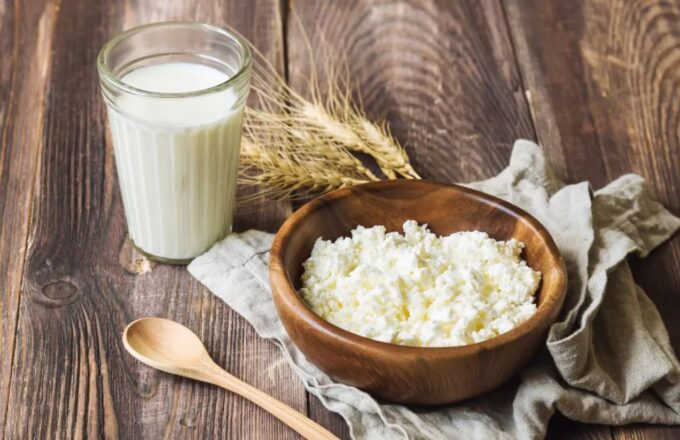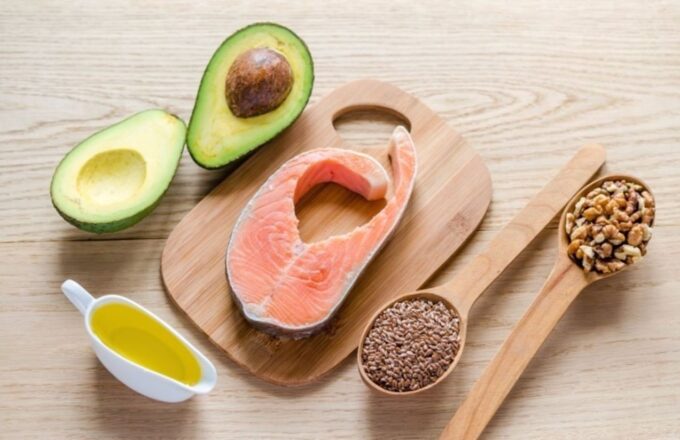A low-cholesterol diet has become a key strategy to improve cardiovascular health, reduce LDL cholesterol (commonly known as the “bad” cholesterol), and support overall well-being. Among the most recommended dietary approaches are the Mediterranean diet, the DASH plan, and plant-based eating patterns. All emphasize the consumption of fruits, vegetables, whole grains, legumes, nuts, seeds, and lean proteins, while minimizing added sugars, sodium, and saturated fats.
Some of the foods that strengthen this low-cholesterol diet include whole grains, legumes, nuts, omega-3 rich fish such as salmon or mackerel, fruits, vegetables, avocado, olive oil, soy products (such as tofu), and seeds. On the other hand, to combat excessive LDL levels, it is recommended to limit fried foods, processed meats, butter, fatty cuts of meat, aged cheeses, pastries, and packaged snacks.

The benefits of this nutritional approach are wide-ranging: effective LDL reduction, improvements in brain, digestive, and emotional health, and better blood pressure control. Additionally, fiber helps promote satiety and can aid in weight loss, although maintaining that loss over time may pose challenges.
Practical Tips:
- Carefully read labels: limit sodium, added sugars, and saturated fats.
- Always choose lean proteins and low-fat cooking methods when eating out.
- Keep healthy snacks like nuts, fruit, or seeds readily available.
Is adopting this diet really worth it to improve cardiovascular health?
The answer is clear: yes. Prioritizing fresh, nutrient-rich foods high in fiber and healthy fats, while reducing saturated fats, not only improves cholesterol levels but also enhances blood pressure, mental health, and long-term quality of life.













